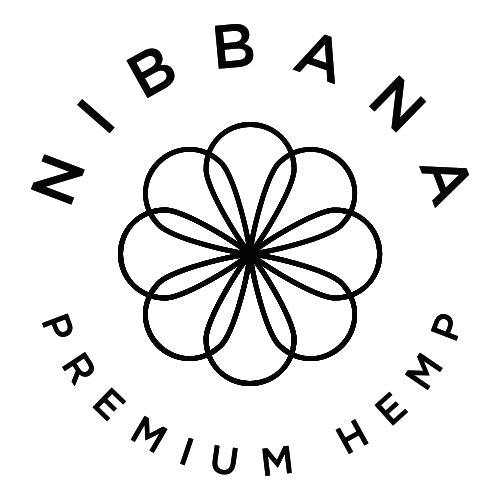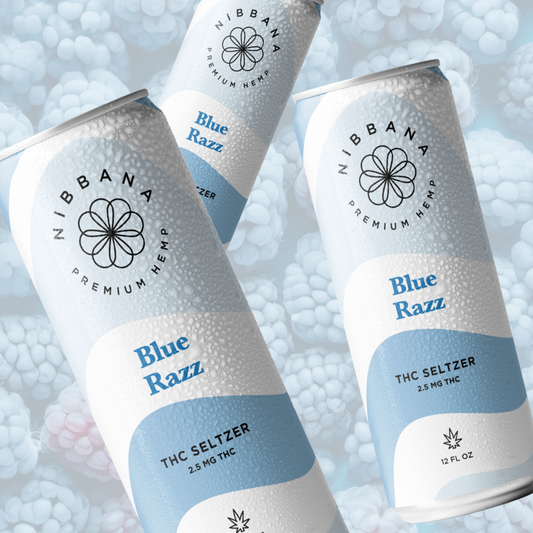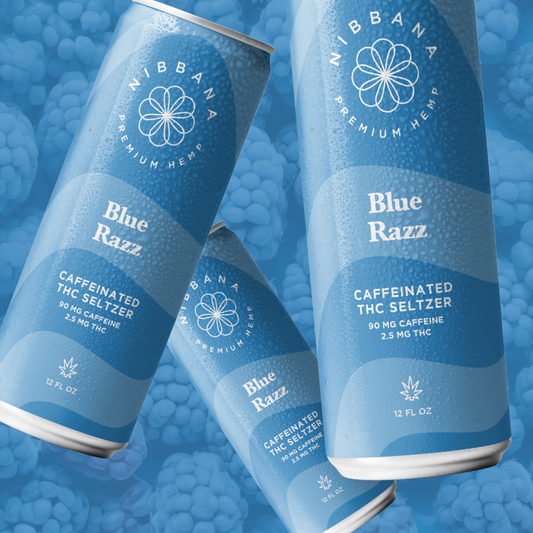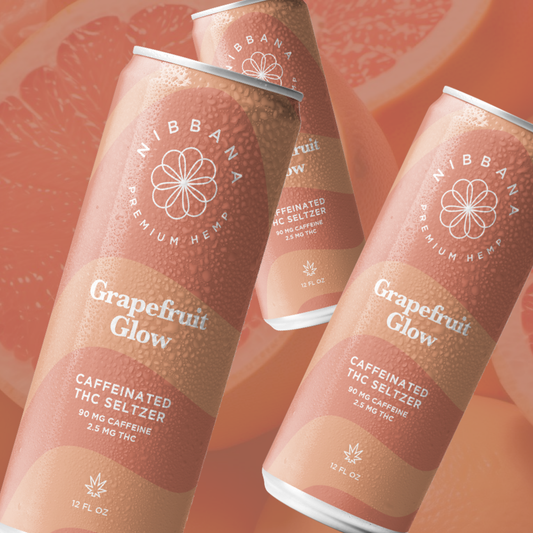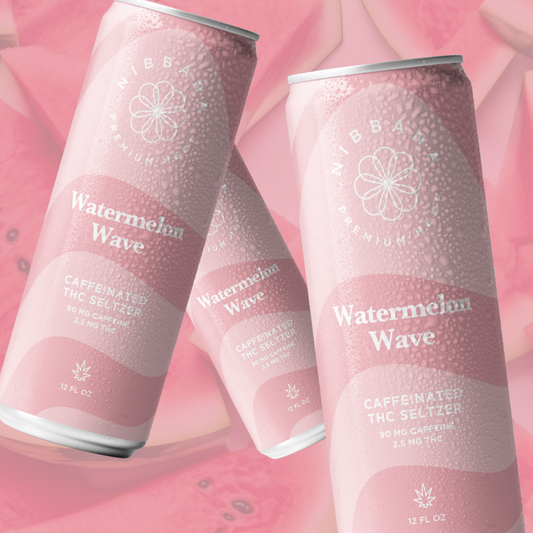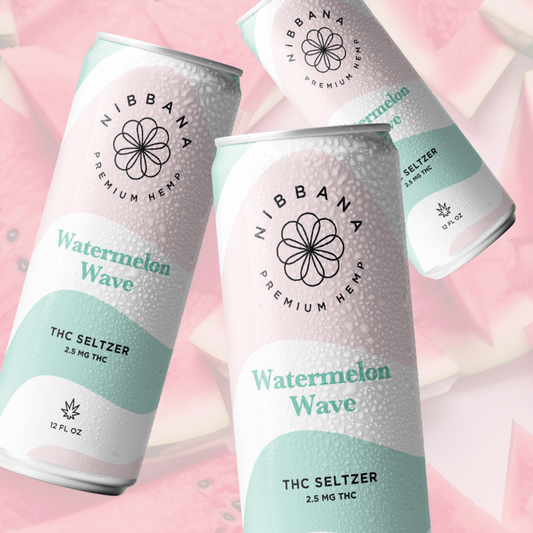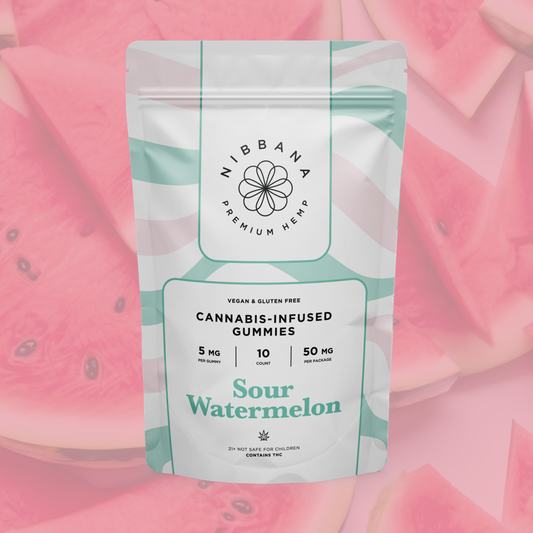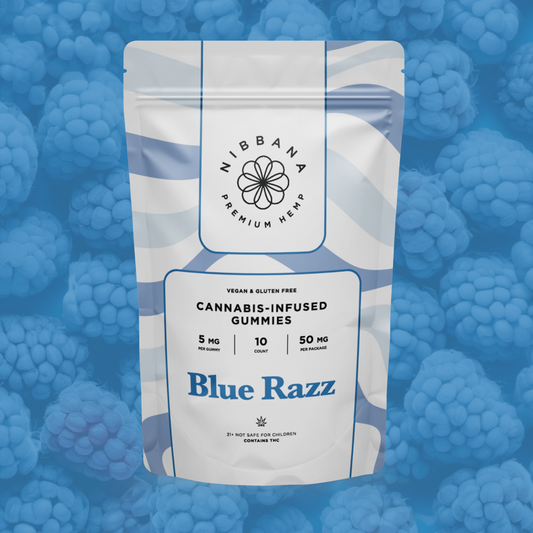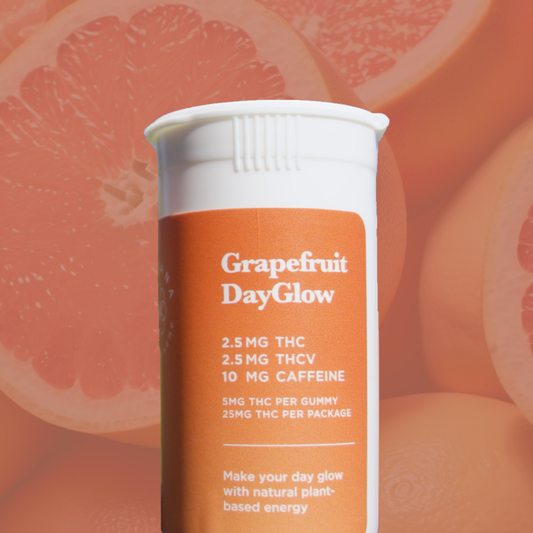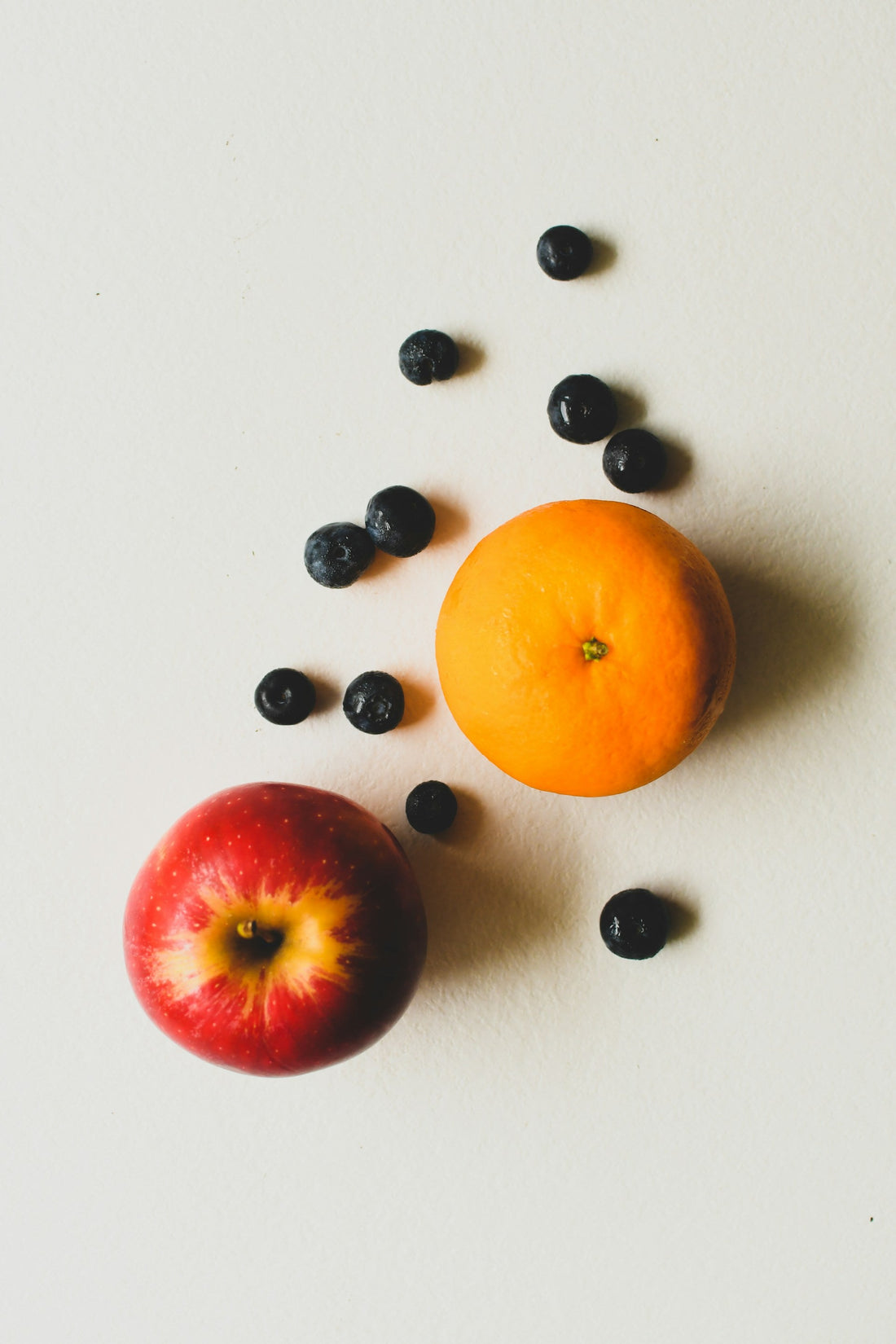
What is the difference between CBD and THC?
With increased knowledge of cannabis and its medical properties, two compounds that have received significant attention are CBD and THC. Although they are from the same plant, the effects, usage, and legal status are disparate between CBD and THC. In this blog, we will go over the differences between these popular cannabinoids to better understand how to use them.
Knowing CBD and THC
The two most famous cannabinoids from the cannabis plant are CBD and THC. Despite their identical chemical makeup, their effects on the human body and mind differ in great measure.
CBD (Cannabidiol):
CBD is a non-intoxicating compound often linked with therapeutic benefits. It is derived from hemp, a variety of the cannabis plant that contains less than 0.3% THC, making it federally legal in the United States. CBD is praised for its ability to provide relief from a wide range of ailments without causing a "high."
THC (Tetrahydrocannabinol):
THC, however, is the primary psychoactive constituent of marijuana. It is the chemical responsible for the euphoric or "high" feeling that is associated using cannabis. THC directly interacts with receptors in the brain to produce its intoxicating effects.
Key Differences Between CBD and THC
1. Chemical Structure and Effects
While they have the same molecular formula consisting of 21 carbon atoms, 30 hydrogen atoms, and 2 oxygen atoms, CBD and THC have differences in their chemical structure and mode of interaction with the body's endocannabinoid system.
CBD: CBD indirectly affects the endocannabinoid system through its ability to modify the activity of CB1 and CB2 receptors without binding to these receptors. This helps modulate mood, inflammation, and pain without psychoactive effects.
THC: It directly interacts with the CB1 receptors found in the brain and acts by causing a release of dopamine that elicits feelings of euphoria.
2. Psychoactive
CBD: Nonpsychoactive since it will not give users a "high."
THC: Psychoactive in the sense that it alters perception, mood, and cognitive ability.
3. Medical Applications
Both CBD and THC find medicinal uses but suit different purposes
CBD Uses:
It reduces anxiety and stress.
2. Relieves pain for chronic conditions like arthritis.
3. Treating epilepsy and seizures (FDA approval includes Epidiolex, the Epidiolex).
4. Supports an individual's sleep and reduces insomnia.
5. Reduces inflammation for quick recovery.
Benefits of THC:
1. Alleviates nausea and vomiting mainly because chemotherapy patients suffering from diseases.
2. Promote an appetite in individuals, and some may have eating disorders or recovering as well from HIV/AID conditions.
3. Excellent treatment for pain
4. Treats PTSD condition for others and mood disorders also
CBD: Generally well-tolerated with few adverse effects, such as dry mouth, fatigue, and potential interactions with other drugs.
THC: Adverse effects may include dry mouth, red eyes, dizziness, memory lapse, anxiety, or even paranoia, especially at high doses.
5. Legality
CBD: Federally legal in the U.S. if derived from hemp and contains less than 0.3% THC, though state laws differ.
THC Legal Status: This depends upon the state. Some of them allow recreational and medical cannabis; others completely ban all activities related to THC intake.
How CBD and THC are Used
Both of them have various forms, which come to meet different tastes and medical issues.
CBD Products:
Oils and Tinctures They should be placed under tongue and will get absorbed quickly Edibles Gummies, Chocolate and Drinks that contain CBD Topicals Creams lotions and balms
THC Products:
1. Smoking or Vaping: Instant effect.
2. Edibles: The effects last for a long time, but the onset is slower.
3. Tinctures: For dosing.
4. Topicals: For localized pain relief without psychoactive effects.
CBD vs. THC: The Choice of Yours
This depends on your needs and lifestyle, among other legal requirements.
If you need non-intoxicating pain relief, anxiety, or anti-inflammatory medication, then CBD is probably the better drug. It is also safe to use on a daily basis without compromising your ability to work or drive.
If you have significant symptoms such as chronic pain, nausea, or loss of appetite and are in a state where marijuana is legal, THC may be the better option.
The Legal Landscape in the United States
Although hemp-derived CBD with less than 0.3% THC is federally legal, THC products are under state jurisdiction. Some states such as California, Colorado, and Illinois embrace both medical and recreational cannabis use. On the other hand, states such as Idaho and Kansas remain strict about the ban on THC, even for medical use. Make sure to check your local laws before buying or using CBD or THC products.
CBD and THC in the Future
With research on cannabis, it's now apparent that CBD and THC can treat a wide array of conditions. The health care industry is looking at combining these cannabinoids for their synergistic effects, which they call the entourage effect. This may unlock even more therapeutic benefits, providing holistic relief for patients.
CBD vs. THC Differences: These differences are very vital in terms of making sound decisions as regards to their use because, even though both bring therapeutic effects, they fit different needs and preferences. Whether interested in CBD for the calming effects or THC for potent relief, first, always discuss with your health provider before beginning any type of cannabis-based treatment.
These products have never been more readily available and legal for Americans to access. For many residents in the United States, this means it has never been easier to safely and responsibly explore what benefits cannabis can offer.
